Bondi Junction rampage shines light on alarming deficiencies
Racked with grief and guilt, the parents of Bondi Junction mass murderer Joel Cauchi hit a national nerve this week when they spoke of their son’s struggle with schizophrenia.
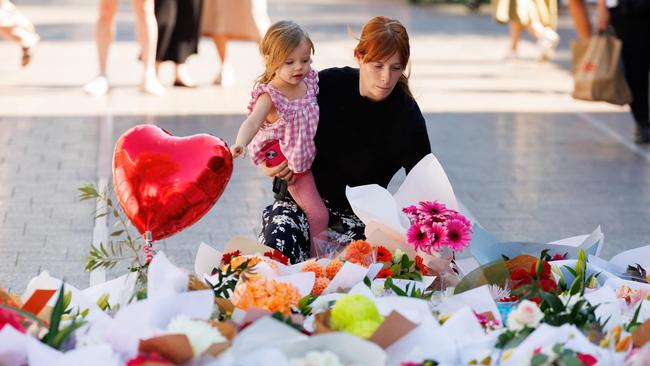
Racked with grief and guilt, the parents of Bondi Junction mass murderer Joel Cauchi hit a national nerve this week when they spoke of their son’s struggle with schizophrenia. “This is a parent’s absolute nightmare when they have a child with mental illness, that something like this would happen, and my heart goes out to the people our son has hurt,” Michele Cauchi declared after her 40-year-old son slaughtered five female shoppers and a male security guard with a hunting knife last Saturday.
A dozen more people were injured before a lone police officer shot Joel Cauchi dead in the bustling Westfield Bondi Junction shopping centre in Sydney at the start of school holidays. “To you, he was a monster,” anguished father Andrew Cauchi said on Sunday. “To me, he was a very sick boy.”
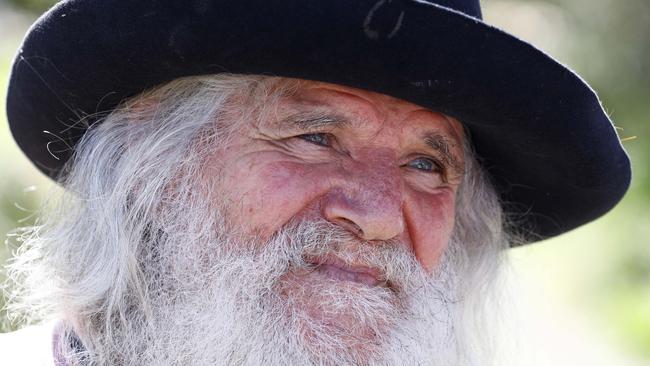
Most Australians will be touched by mental illness. Nearly half will suffer at some time in their lives, and most know a family member, a friend, a colleague, a classmate or neighbour afflicted by mental ill-health that can range from mild anxiety to eating disorders, suicidal depression and psychosis. Despite soaring demand, mental health services are underfunded, understaffed and too fragmented to deal with the onslaught of mental ill-health that has been exacerbated by the Covid-19 pandemic, homelessness and cost-of-living stress.
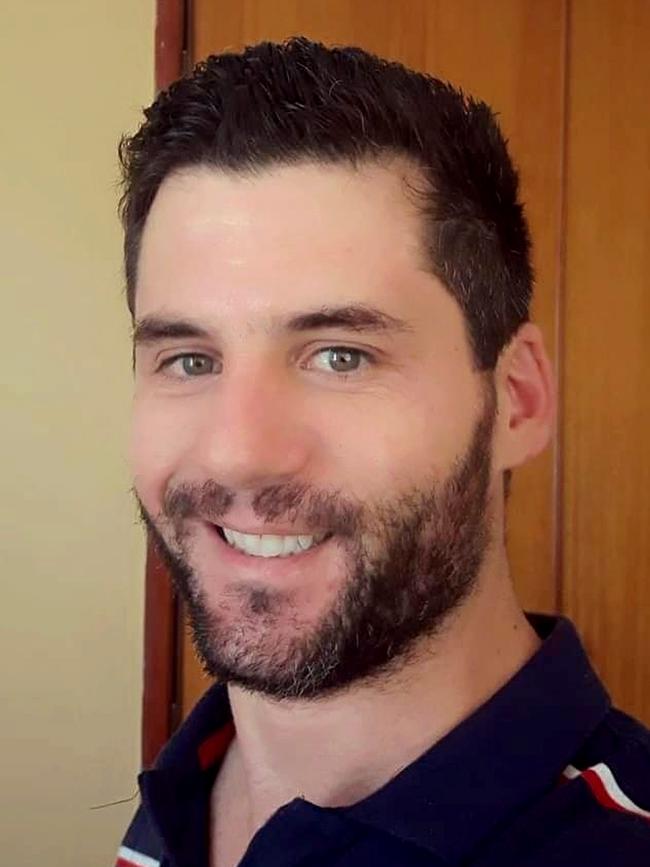
As the federal government puts an extra $330bn into new defence weapons across the next decade, frontline health and emergency workers are warning of dangerous deficiencies in essential supports for the mentally unwell. Health and homelessness services are being starved of the resources required to keep Australians safe on home soil.
“Rather than simply linking criminal behaviour with mental illness, the conversation we need to be having is how desperately under-resourced our mental health system is and has been for decades,” says Rachel Green, chief executive of mental health charity SANE Australia.
Joel Cauchi “fell through the gaps of a fragmented and inaccessible mental health system”, she says. “This will come as no surprise to struggling families currently shouldering the burden of care, or those working on the frontlines of a system at breaking point.”
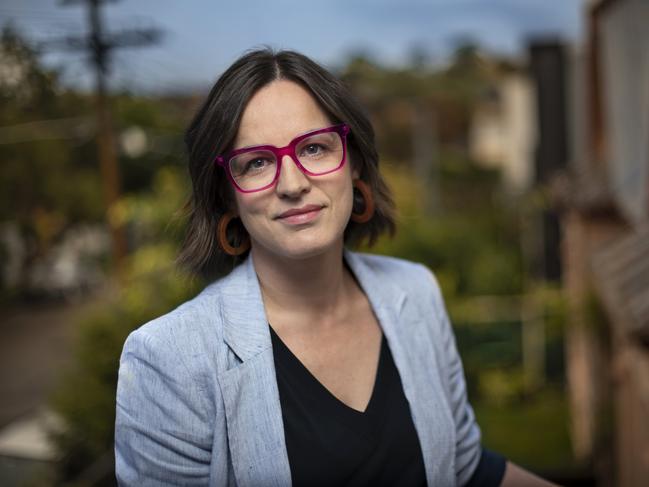
Diagnosed with schizophrenia at 17, Cauchi was among the 2 per cent to 3 per cent of Australians living with a severe mental health disorder, based on Australian Institute of Health and Welfare estimates that have not been updated for 14 years. As with most people with a severe mental illness, he was not known to be involved in any violence until last Saturday’s rampage.
Living with his parents outside the southern Queensland city of Toowoomba, he graduated from university with an arts degree and a dream to become a teacher. He took anti-psychosis medication for 18 years until, age 35, he felt better and was weaned off medication under medical supervision.
Queensland Health has revealed that it treated Cauchi for mental health issues in the public system “more than a decade ago, but his care was transferred to a psychiatrist in the private sector in 2012’’. Andrew Cauchi recalls that his son “didn’t want anyone knowing he has got a mental illness”.
Michele Cauchi says that in 2019 he was keen to stop taking the medication that had kept psychosis at bay. “Anyone who has a relative with mental illness will understand medication does not make you feel very well,” she says. “He took his medication, then he asked the doctor if he could come down on it, and she did over a period of a number of years, very carefully giving him warnings of what might happen. He went to Brisbane so he wasn’t with his doctor any more.”
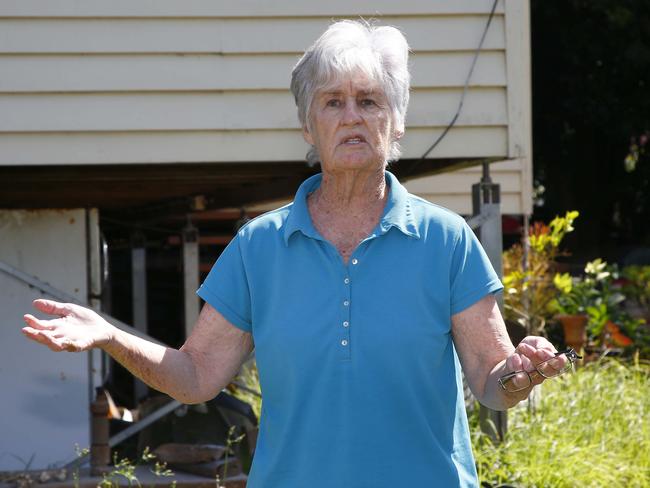
She says her son experienced anosognosia, a neurological condition that made him unaware of his psychiatric illness. “So if you don’t know you’re sick, why would you take medication?” she says. Drifting away from the support of his parents, his medical practitioners and church during the pandemic, Joel Cauchi tried to connect with gun groups in 2020 and developed an obsession with knives.
When his father confiscated six US Army combat knives last year, Cauchi complained to the police before driving to Tweed Heads in northern NSW to buy a replacement. Queensland Police confirmed this week that they attended the house and spoke to the parents, but “there was no threat to the community and no action that could be taken by police”.
In January last year, Cauchi had to move out of his rental accommodation in Brisbane and returned to Toowoomba, where he was seen sleeping rough near the hospital. He advertised his sexual services as an escort and told his Pentecostal Christian father he no longer believed in God. Queensland Police have revealed he was “known to police” – including a “street check” on the Gold Coast in December last year – but was never arrested or charged, and had not been found with knives. Last month he moved to Sydney – seemingly off the radar of NSW police and health services – where he lived in a car. Five weeks before the Bondi Junction massacre, he sent his fretting mother a video to show her “beautiful Coogee beach”. Just five days before the attack, he posted on a Facebook surfing group: “Hi I am surfing Bondi this afternoon if anyone wants to meet there for a surf!”
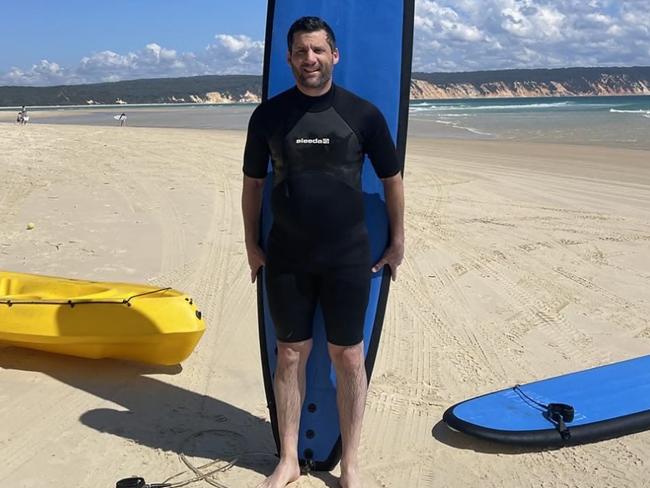
Shortly before his killing spree, CCTV footage showed him stumbling towards a shopfront. Damien Guerot, the heroic Frenchman granted permanent residence for his bravery in confronting the killer with a bollard, recalls the killer’s eyes were “like empty eyes, he wasn’t there”.
Cauchi stabbed a baby before knifing her devoted mother Ashlee Good, out shopping for pyjamas, who managed to pass the bleeding infant to the safety of strangers before she died. Security guard Faraz Tahir, a refugee on his first day on the job, was killed trying to shield shoppers from the knifeman.
Bride-to-be Dawn Singleton, the daughter of millionaire businessman John Singleton, was stabbed to death as she bought makeup for her imminent wedding to her childhood sweetheart – a police officer who was called to attend the emergency. Appearing to hunt down women, Cauchi wielded a 30cm knife as he jogged through the shopping centre, killing architect Jade Young, artist Pikria Darchia and Chinese student Yixuan Cheng, who was browsing for clothes after celebrating the end of a university exam.
Michele Cauchi says her son was “obviously not in his right mind”. “He was somehow triggered into psychosis and lost touch with reality,’’ she says. “We don’t know why he did what he did – it was very out of character. If he was in his right mind, he would be absolutely devastated with what he has done.”
Untreated schizophrenia has been linked to other shockingly violent attacks on bystanders in recent years – as well as police shooting deaths of the mentally ill.
In 2016, psychiatric patient Anthony O’Donohue threw petrol over a Brisbane bus driver, Manmeet Sharma, who died from burns to 84 per cent of his body. O’Donohue had been diagnosed with paranoid schizophrenia in 2011, had threatened to kill police and union officials, and was taking anti-psychotic medication, yet he was discharged from the public mental health service two months before his attack.
Queensland Coroner Terry Ryan found from the perspective of the mental health service team, O’Donohue “was a long-term voluntary patient who appeared to be stable (and) had no history of criminal charges”. But Ryan concluded that O’Donohue was “socially isolated and effectively had very few other supports in the community”. He was “left in a vacuum without any social or mental health support, after refusing engagement with his general practitioner”.
This month NSW Deputy State Coroner Harriet Grahame called for a review of police mental health training after officers shot dead a mentally ill man in Taree in 2019. Todd McKenzie, who had been diagnosed with schizophrenia, was shot three times while lunging at police during a nine-hour siege, after being seen walking near his home with a knife during a psychotic episode.
On Thursday, Grahame handed down her findings into the drowning death of a baby girl thrown into the Tweed River by her father in 2018. An inquest heard that the baby’s parents had been diagnosed with severe mental illnesses that were left untreated, and the family was homeless and sleeping in parks. Counsel assisting the inquest, Donna Ward SC, said the father had reported hallucinations telling him to abduct and kill a baby. In 2020, the father was found not guilty of murder on the grounds of mental illness.
SANE Australia, which offers a free counselling service to people affected by complex mental health issues, says psychosis is one of the main symptoms of schizophrenia “where a person finds it hard to tell what’s real from what isn’t”.
“It often involves sensory changes and distortions, such as seeing, hearing, smelling or feeling things others do not,” says Green. “Understandably, people can become distressed and confused when they’re in a state of psychosis.
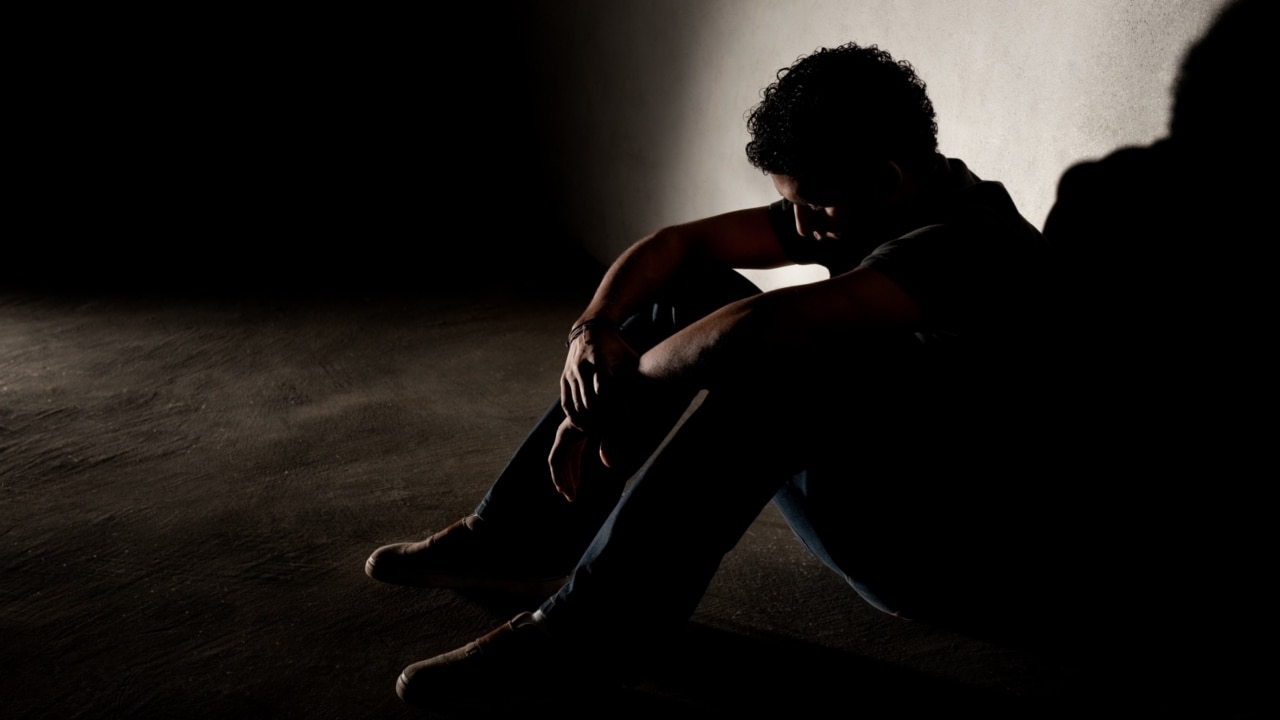
“Living with a mental illness does not make you inherently violent. People with mental health conditions are far more likely to be victims of crime than the perpetrators. When an incident of harm does happen, the tragedy is it will often be precipitated by days, weeks, months and even years of system failures within our mental health system, often compounded by related social factors like abuse, homelessness, poverty and substance use.’’
Green says with effective early intervention and ongoing treatment and psychosocial support, most people diagnosed with schizophrenia will lead “healthy, productive, meaningful lives”.
But SANE’s recent Bridging the Gaps survey found more than half the people living with complex or long-term mental illnesses had never received assistance to access mental health or social services. Only 7 per cent were able to access mental health care without paying a gap fee, and they had to wait at least six months to see a psychologist or psychiatrist.
The NSW government will spend $18m on a coronial inquiry into the Bondi Junction stabbings. But a NSW parliamentary inquiry into the delivery of outpatient and community mental health is already exposing alarming evidence of an underfunded and inefficient system that is failing to cater for the 400,000 residents the NSW Health Department estimates are suffering a severe mental illness.
The NSW Mental Health Review Tribunal – which can order people into the care of a mental health facility or issue community treatment orders compelling patients to accept medication and counselling – has told the upper house inquiry that drugs and alcohol often are implicated in involuntary admissions.
“The management of substance abuse disorder which impacts on mental health and/or exacerbation of a serious mental illness is crucial to maintaining wellness and is a mental health treatment need,” its submission states. “The tribunal is strongly of the view that there is a need to develop a co-ordinated approach to treatment of mental health and drug and alcohol-related conditions.”
The Royal Australian and New Zealand College of Psychiatrists describes the mental health sector as “under siege, under stress and in survival mode”. It warns that hospital emergency departments have become “de facto mental health clinics where consumers experience lengthy waits … (and) the level of mental health training of many staff is limited”.
A record 85,281 people with mental health crises turned up to public hospital emergency departments in NSW in 2021-22, with numbers jumping 7 per cent in the first half of last year. The psychiatrists highlight the link between mental illness and homelessness.
The need to prioritise public housing for people suffering severe mental illness is top of mind for Allan Fels, a former chairman of the National Mental Health Commission and a member of the Royal Commission into Victoria’s Mental Health System in 2021. His own daughter lives with schizophrenia.
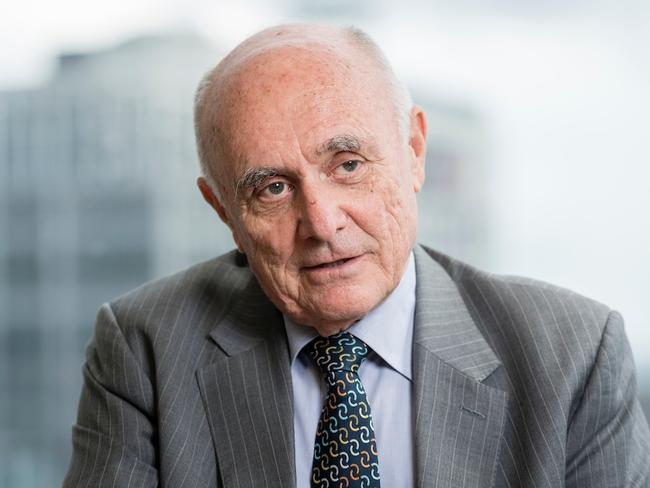
Fels chairs Mind Australia and founded Haven Residences, a charity that provides accommodation for mentally ill people to live independently while receiving around-the-clock support from qualified mental health workers. He says many people with severe mental illness lack “safe, stable, secure accommodation”. Some are homeless or living in “insecure, dangerous environments that are not good for mental health”.
“Most of the rough sleepers in our cities have chronic schizophrenia,” Fels says. “If they’re homeless and have mental illness, they have trouble getting treatment. It’s difficult for anyone at the moment to get suitable accommodation, and people with severe mental illness are often rejected as suitable tenants.” He warns “most mental health services are not well organised, and badly resourced, especially for the treatment of the homeless who are mentally ill”.
“Tragically, (mental illness) is not a very high public priority and even within the health system it’s much less of a priority than common illnesses such as cancer,” he says. “The Bondi experience could be a turning point. My feeling is that if we had a better mental health system, including accommodation for people with severe mental illness, this tragic event might not have occurred.”
If you need support with complex mental health issues such as schizophrenia contact www.sane.org/get-support
Lifeline 13 11 14




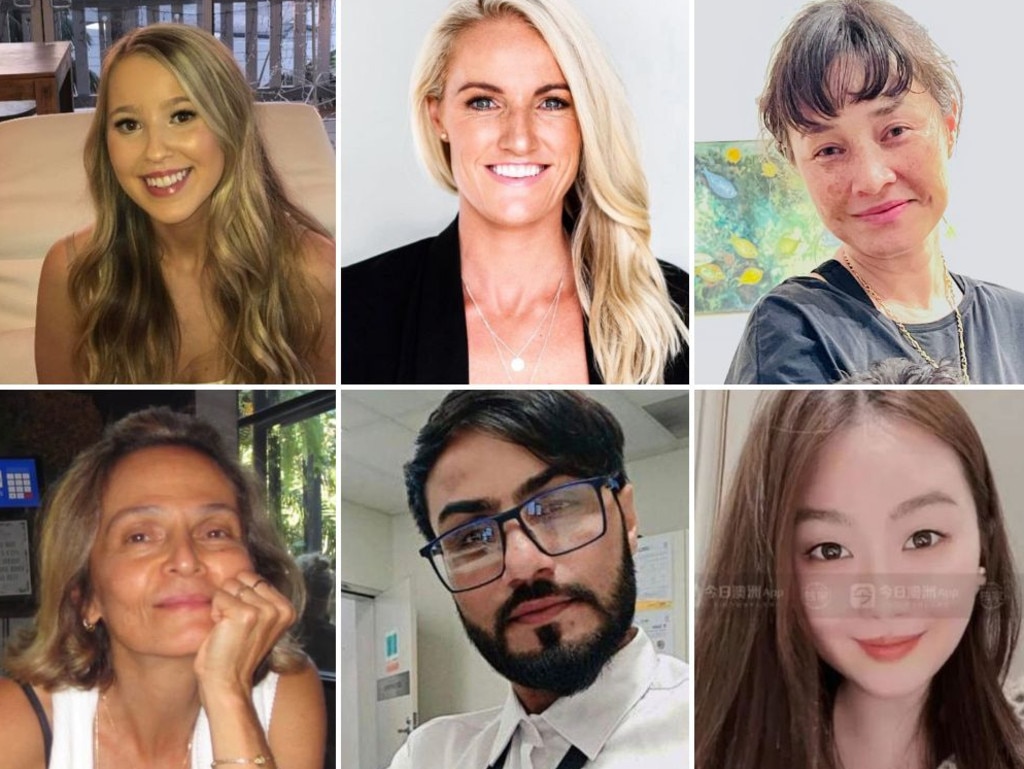

To join the conversation, please log in. Don't have an account? Register
Join the conversation, you are commenting as Logout